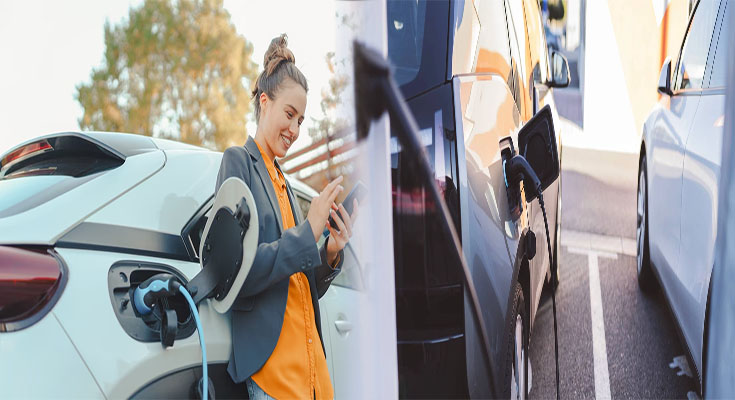The automotive industry is undergoing a transformative phase as it adapts to changing consumer demands, environmental concerns, and technological advancements. One of the key trends driving this transformation is the increasing shift towards electric and hybrid vehicles.
1. Consumer Preference for Sustainability:
As awareness about climate change and environmental impact grows, consumers are showing a strong preference for sustainable transportation options. Electric and hybrid vehicles are seen as cleaner alternatives to traditional gasoline-powered cars, as they produce fewer emissions and contribute to a lower carbon footprint.
2. Government Regulations and Incentives:
Governments around the world are introducing stringent regulations to reduce emissions and combat air pollution. In response, many car manufacturers are investing in electric and hybrid technologies to meet these regulations and take advantage of incentives like tax credits and rebates for eco-friendly vehicles.
3. Advances in Battery Technology:
One of the biggest challenges for electric vehicles has been battery technology, specifically in terms of range and charging infrastructure. However, significant advancements in battery technology are enabling electric vehicles to offer longer ranges and faster charging times, making them more appealing to consumers.
4. Growing Investment in EV Infrastructure:
To support the adoption of electric vehicles, there is a growing investment in charging infrastructure. Charging stations are becoming more prevalent in urban areas, along highways, and in public spaces, making it easier for drivers to recharge their electric vehicles on the go.
5. Expansion of Electric Vehicle Models:
Car manufacturers are expanding their electric vehicle offerings to cater to a wider range of consumer preferences. From compact city cars to luxury SUVs, there is now a diverse selection of electric and hybrid vehicles available in the market, providing consumers with more options to choose from.
6. Cost Competitiveness:
As electric vehicle production scales up and battery costs continue to decline, the cost competitiveness of electric and hybrid vehicles is improving. Many consumers are finding that the total cost of ownership of an electric vehicle can be comparable or even lower than that of a traditional gasoline-powered car, leading to increased adoption.
The car industry is experiencing a noticeable shift towards electric and hybrid vehicles driven by consumer demand, regulatory pressures, technological advancements, and infrastructure development. With the increasing focus on sustainability and cleaner transportation options, electric and hybrid vehicles are poised to play a significant role in shaping the future of the automotive industry.

